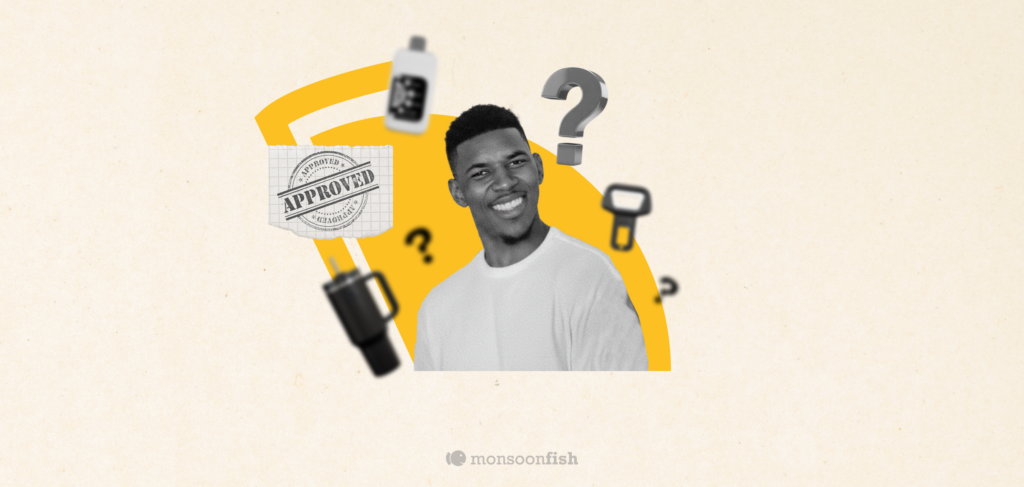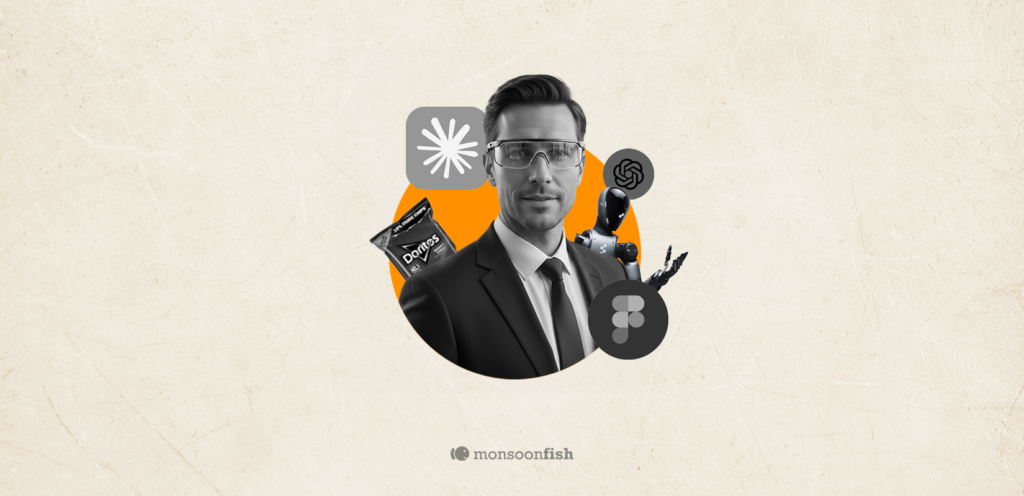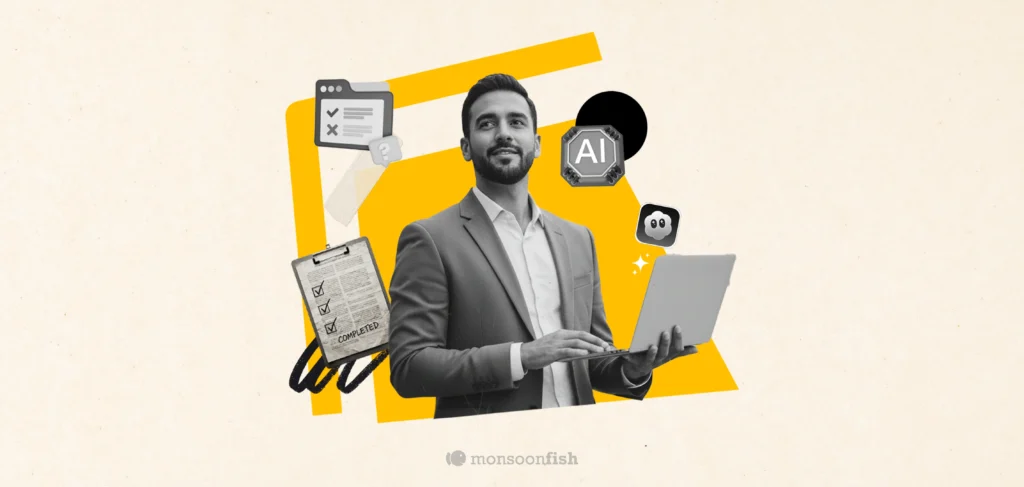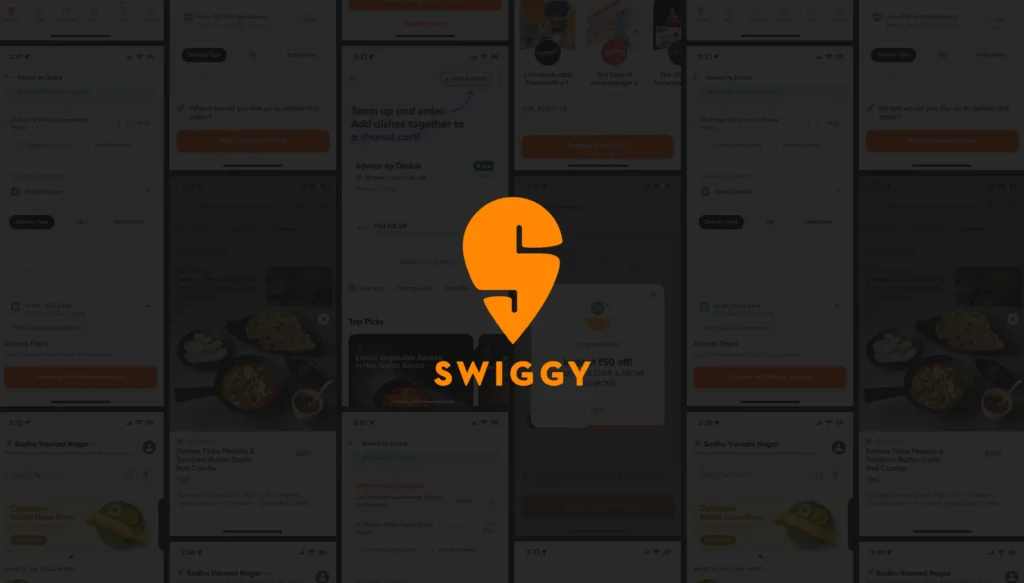AI and the Psychology of UX: How Smart is Too Smart?
AI knows what we want—sometimes too well. When does helpful turn creepy? Explore the fine line between smart UX and unsettling AI predictions.
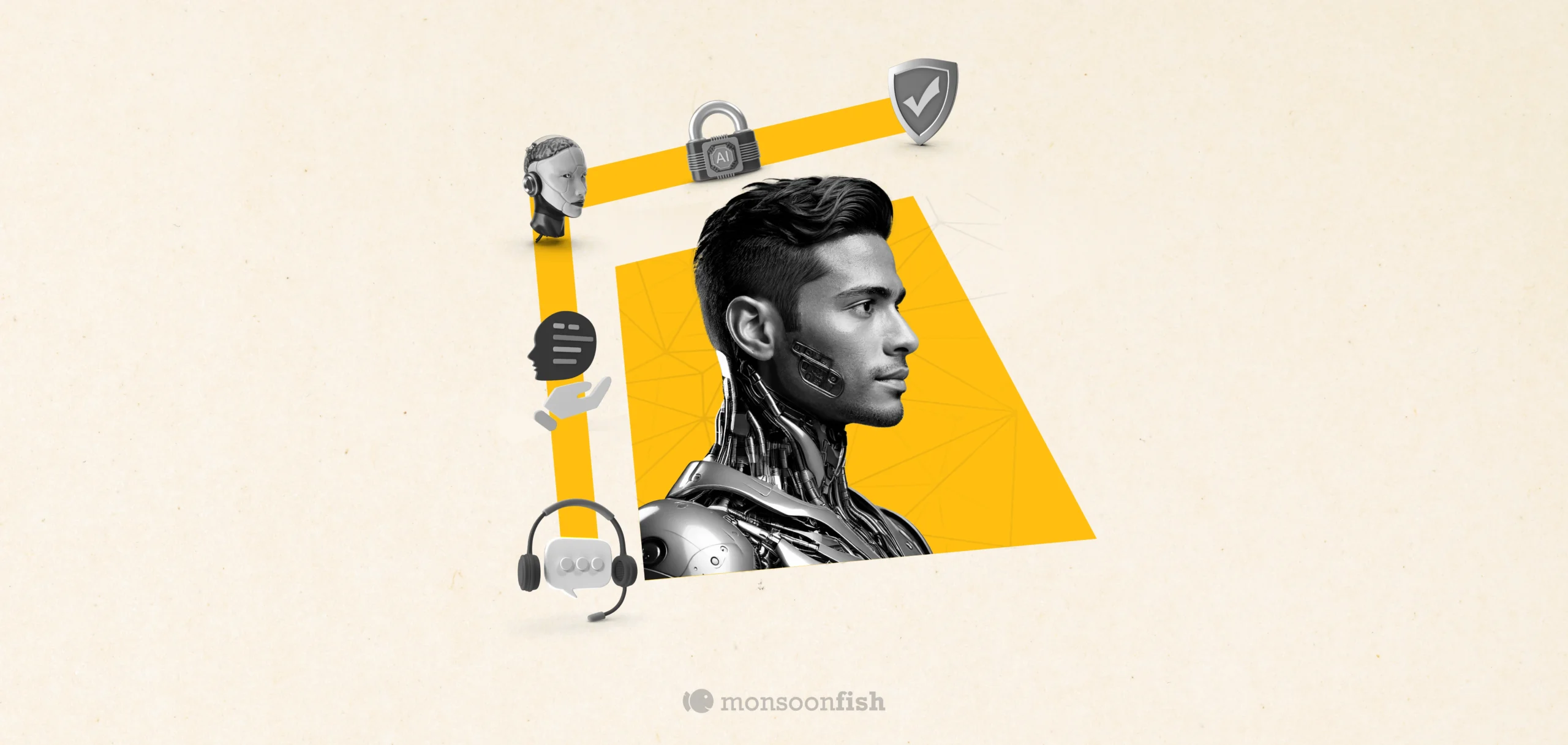
CONTENTS
When AI Feels a Bit Too PsychicThe Trust Paradox: AI is Smart, But Can We Trust It?Can AI Ever Feel… Human?Social Share
CATEGORIES
AI is getting freakishly good at predicting what we want—sometimes before we even know it ourselves. You scroll through Instagram, and bam! The exact shoes you were thinking about pop up in an ad. You open Netflix, and it’s already serving you that new crime docuseries before you even search for it.
It’s cool. It’s convenient. But at what point does it get… weird?
When AI Feels a Bit Too Psychic
Imagine this: You’re typing a message, and your keyboard suggests the exact sentence you were about to type. You hesitate. Do you complete it yourself or let AI do the thinking for you?
When AI predictions feel too accurate, we start wondering: How does it know? And that’s where things get tricky. The line between “helpful” and “creepy” is thinner than we think.
The Trust Paradox: AI is Smart, But Can We Trust It?
We love AI when it makes our lives easier—Spotify’s killer playlists, Amazon’s smart recommendations, Google’s autofill. But the moment AI tries to talk to us, we get suspicious.
- We trust AI to suggest movies, but we get frustrated when a chatbot pretends to be human.
- We trust AI to auto-complete our emails, but we feel uneasy when AI-generated customer support handles our complaints.
- We trust AI for quick solutions, but not for deep, emotional interactions.
So what’s the deal? Turns out, we don’t just want AI to work—we want it to feel right.
Can AI Ever Feel… Human?
The biggest challenge for AI-driven UX? Empathy. AI can analyze emotions, but can it feel them?
Let’s say you’re using a mental wellness app. AI detects that you sound stressed and suggests a calming meditation. Useful? Yes. But imagine if it sent you a robotic, “I understand what you’re going through” message. That’s where AI loses us. We don’t want scripted empathy. We want a real connection.
So, where do we draw the line?
- AI should assist, not overstep. Personalization is great, but when it feels invasive, it backfires.
- AI should be transparent. If it’s a bot, tell us it’s a bot. Don’t fake being human.
- AI should be smart, but not too smart. A little unpredictability makes experiences feel real.
The Bottom Line?
AI in UX is a fine balance. We love it when it works for us, but the moment it tries to be us, we freak out. The best AI experiences don’t just focus on being smarter—they focus on being human in the right places.
Where do you think AI should draw the line in UX?
CATEGORIES
